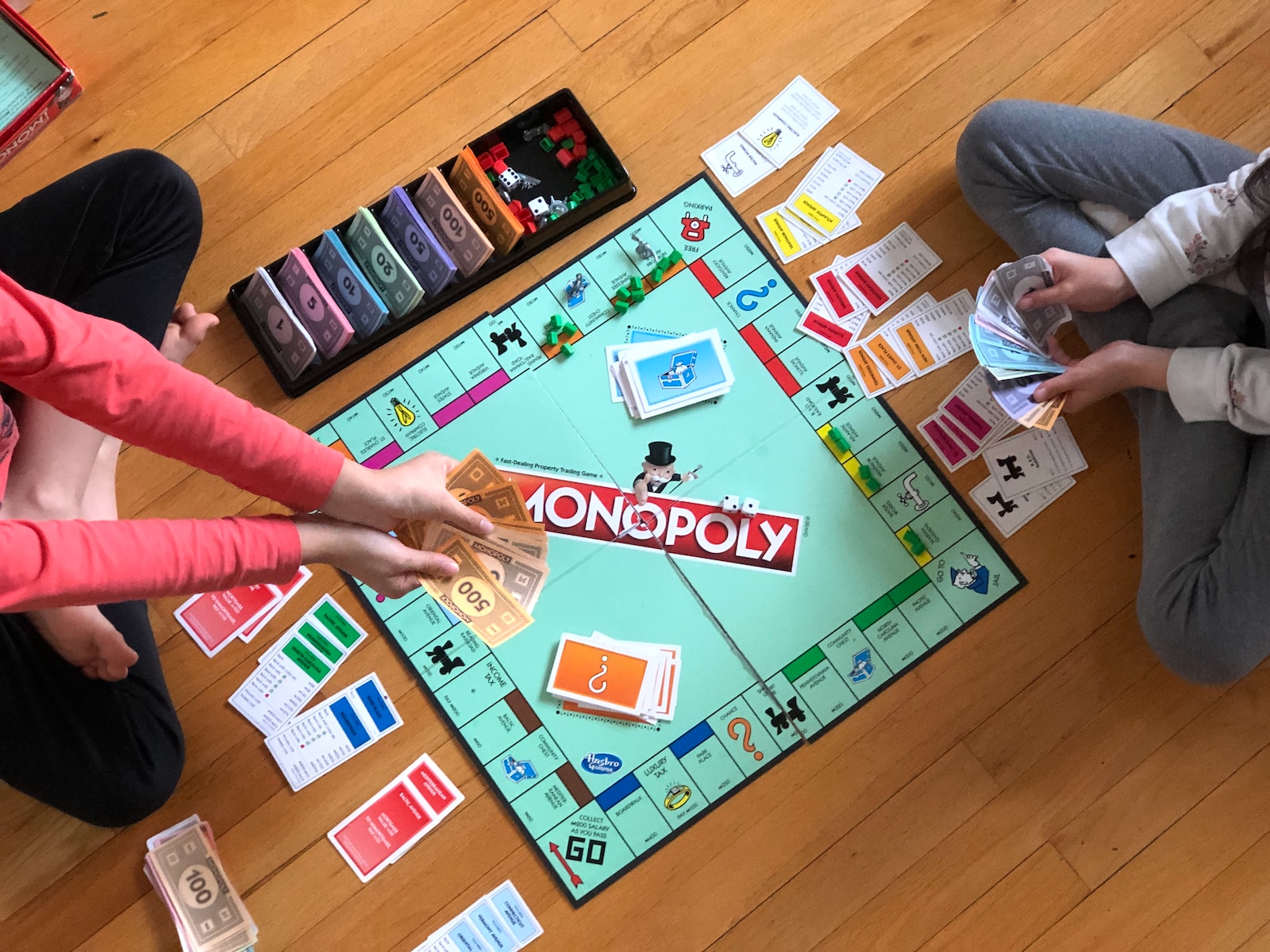Monopoly: the timeless board game of strategy, luck, and real estate
Monopoly, the iconic board game that simulates the thrill of property acquisition and financial strategy, has entertained players around the world for generations. The game’s blend of luck, skill, and negotiation has made it a household staple and a classic choice for family game nights. This article will delve into the history of Monopoly, discuss its gameplay and rules, and explore its enduring popularity.
History of Monopoly
The roots of Monopoly can be traced back to 1903 when American anti-monopolist Elizabeth Magie created a game called The Landlord’s Game to illustrate the economic consequences of land ownership and monopolies. Over the years, the game evolved through various adaptations and iterations, eventually becoming the Monopoly we know today.
In 1935, Charles Darrow, an unemployed heater salesman, pitched a refined version of the game to Parker Brothers, who initially rejected it due to “52 fundamental errors.” Undeterred, Darrow self-produced and sold the game with remarkable success. Seeing its potential, Parker Brothers reconsidered and struck a deal with Darrow, officially launching Monopoly in November 1935. The game quickly became a bestseller during the Great Depression, symbolizing the American dream of rags-to-riches success.
Gameplay and Rules
Monopoly is designed for 2-8 players and is centered around the acquisition, development, and management of property. The game board consists of 40 spaces, including properties, utilities, railroads, and special spaces like Chance, Community Chest, Go, Jail, Free Parking, and Go to Jail.
Players begin the game with a set amount of money and take turns rolling two dice to move around the board. As they land on properties, they can choose to purchase them, auction them, or develop them with houses and hotels. Players collect rent from their opponents who land on their properties, with the goal of driving them into bankruptcy.
Throughout the game, players must also contend with taxes, jail time, and the unpredictability of Chance and Community Chest cards. Strategic decisions, such as when to buy, sell, or trade properties, and when to develop or mortgage them, are crucial to a player’s success.
Enduring Popularity and Variations
Monopoly’s enduring popularity can be attributed to its unique blend of strategy, luck, and negotiation. Players must balance their financial resources, property holdings, and development plans while adapting to the unpredictable elements of the game. The game also encourages social interaction, as players engage in negotiations and form alliances to advance their positions.
Over the years, Monopoly has seen numerous themed editions and variations, including editions based on popular movies, TV shows, and other franchises. The game has also been adapted into electronic versions, mobile apps, and online platforms, allowing players to enjoy Monopoly in different formats.
Conclusion
Monopoly has remained a classic board game for nearly a century, captivating players with its blend of strategy, luck, and negotiation. The game’s adaptability and ability to bring people together have ensured its continued popularity in households worldwide. As Monopoly continues to evolve and cater to modern tastes with new editions and digital platforms, its place as a timeless source of entertainment remains secure for generations to come.

